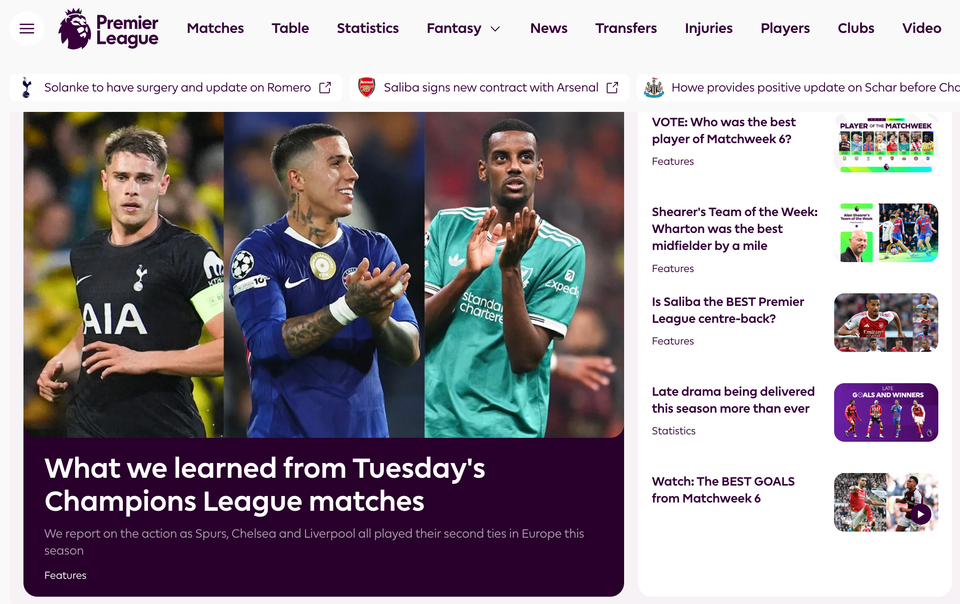How do you feel about GPRS or Edge? Should we kill it or live with it? Or re-fit it?
I’ve been using an iPhone on Vodafone’s network for a few weeks on the train commute I do most mornings. I’ve done this to compare the experience with a 3 (or “Three”) iPhone.
The major difference between both networks that I can discern is the following:
1. I find things much faster on 3G with 3.
2. There is no fall-back to GPRS or Edge with 3.
I’m torn.
It is really, really annoying seeing the little E pop-up on my iPhone to signify “Edge”. That’s a daily experience in Richmond-upon-Thames unfortunately. It does mean that the connection, generally, still works. And on the train I do get a usable connection even if there’s no 3G. Usable in that it takes about 30 seconds for the mobile-optimised frontpage of The Telegraph to load.
So .. almost flipping useless. But I still feel connected. And email still does arrive — even if it is at a snail’s pace.
But…
On 3, I get nothing. It’s a binary experience. It’s either flipping fast (when there’s a good 3G signal) or there’s nothing as they don’t appear to have a data-fall back.
Park that situation for a moment and consider this story in the Wall Street Journal. The quick summary is that AT&T is going to shut down it’s 2G network by 2017 — i.e. in less than 5 years. Currently, 12% of the operator’s customers are still using 2G devices but there’s more than enough time to get them upgraded.
However, is shutting down the old kit the way ahead?
I was sent some opinion on this topic from Askar Sheibani, CEO of IT and telecoms repair company Comtek. As you might expect, Askar doesn’t think the 2G equipment should be deactivated entirely. There’s obviously a benefit to Comtek here, but I think his points are valid:
“With much of the focus on getting 4G rollouts right, as well as improving the UK’s somewhat patchy 3G services, switching off 2G services should be the last thing on any operators mind – not just for the foreseeable future, but in the long term. As last month’s O2 outage proves, 2G services are not just a framework we revert to when things go wrong, they are the foundation to our entire telecoms infrastructure. While this model will understandably shift in time with the advent of tried and tested 4G services, I do not believe there will be a time when we can label 2G as ‘obsolete’.
“Mobile operators in the UK should instead be looking to incorporate long term repair strategies that ensure 2G networks are maintained, so that customers can continue to receive the level of service they have come to expect and rely upon. This outlook remains especially pertinent for business and consumers in rural areas who still depend upon reliable legacy networks to help them make basic phone calls or send text messages.
“While killing 2G services in the US is certainly a bold move, and one that I will watch play out with interest, such a severe decision would leave the UK industry in disarray.”
It’s a move that (sticking locally as an example) would remove connectivity for most Vodafone customers in Richmond at the moment. (Even if Vodafone introduced LTE tomorrow, I’d only be able to get it on certain streets in Richmond — on the basis that they’ll be upgrading their existing towers.) But.. 3 signal is absolutely phenomenally fast and ubiquitous across the area.
What’s your view? Indeed, what’s your view of Askar’s point that there will never be a time when 2G can be labeled as ‘obsolete’? Fair point given the huge amount of M2M going on that really doesn’t need anything other than a simple data connection.
Update: Kim Depussé from Gemalto picked the topic up and ran with it over on the Gemalto Blog.




